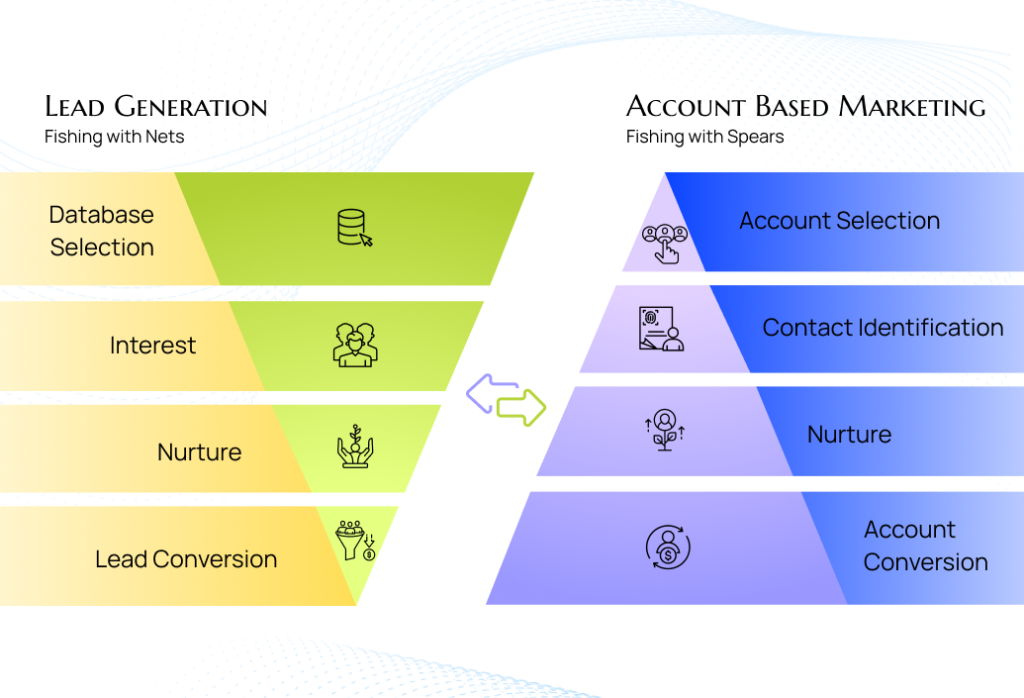
Exploring the Influence of Emotional Prompts on LLM Performance
In today’s fast-paced world, understanding the impact of emotional prompts on LLM (Long-Short Term Memory) performance is crucial. Emotional triggers play a significant role in memory retention and cognitive processes, influencing how effectively we learn and retain information.
The Psychology Behind Emotional Prompts
Emotional prompts are stimuli that evoke feelings, whether positive or negative, and can significantly affect how our brains process information.
Enhancing Learning with Emotional Engagement
Engaging emotions during learning is like adding fuel to the fire of cognition. Here’s how emotional prompts can boost LLM performance:
1. Increased Attention and Focus
Emotional prompts grab attention instantly, directing focus towards the subject matter. When emotions are involved, learners are more attentive, leading to better comprehension and retention.
2. Enhanced Memory Encoding
Emotional experiences are better retained in memory. Integrating emotional prompts into learning materials helps encode information more effectively into LLM, improving recall later on.
3. Facilitates Connection and Association
Emotions help create connections between concepts. By associating information with emotional cues, learners can recall data more efficiently when needed.
Practical Applications in Education
Educators can leverage emotional prompts in various ways to optimize learning outcomes:
1. Storytelling and Real-Life Examples
Incorporating stories or real-life examples that evoke emotions can make learning more relatable and memorable.
2. Interactive Learning Activities
Interactive activities that trigger emotions, such as debates or simulations, deepen understanding and retention.
3. Visual and Multimedia Content
Utilizing visually stimulating content like videos or images that evoke emotions can aid in information retention.
Emotional Intelligence and LLM Performance
Emotional intelligence plays a vital role in how individuals respond to emotional prompts:
1. Self-awareness
Understanding one’s emotional responses to prompts can help individuals tailor their learning strategies for better results.
2. Self-regulation
Being able to manage emotions during learning ensures optimal cognitive functioning and memory consolidation.
3. Empathy
Considering emotional responses of others in learning environments fosters better collaboration and understanding.
Conclusion
Emotional prompts are powerful tools that can significantly impact LLM performance. By understanding and harnessing the influence of emotions, educators and learners alike can unlock new levels of effectiveness in the learning process. Embrace the emotional journey of learning, and watch your memory and understanding flourish.








